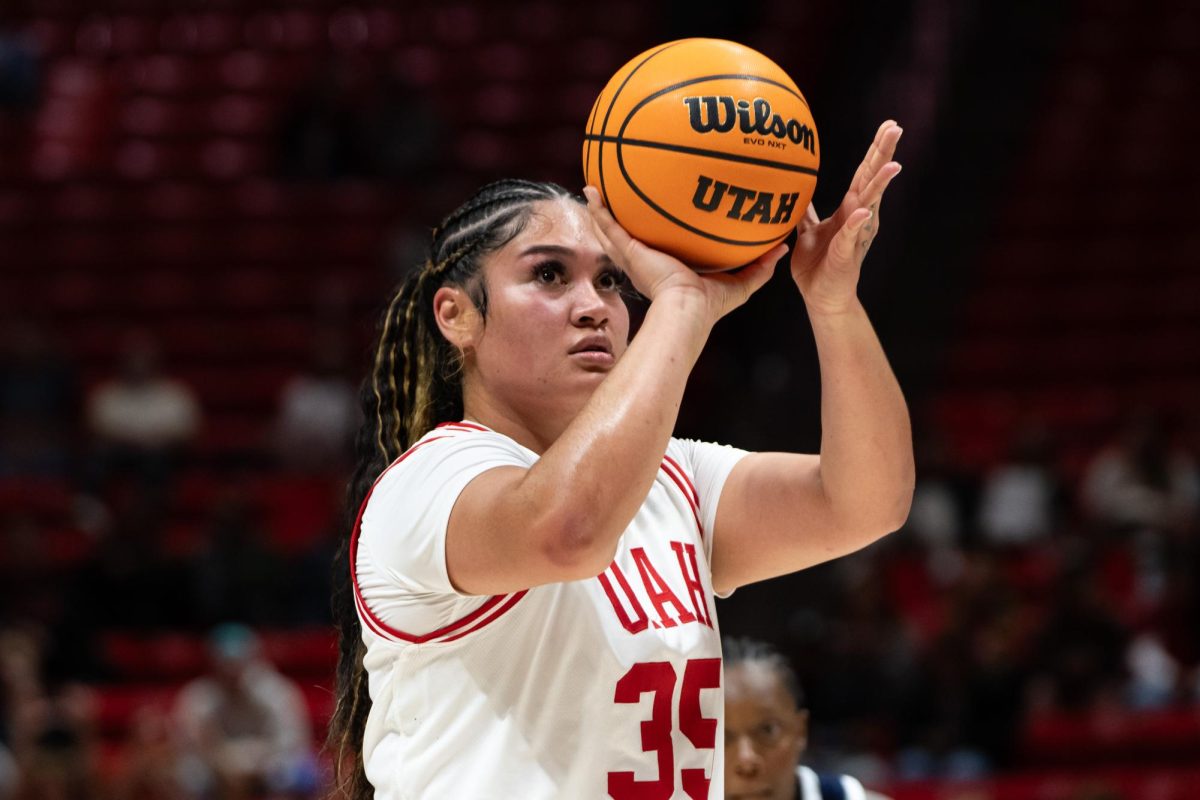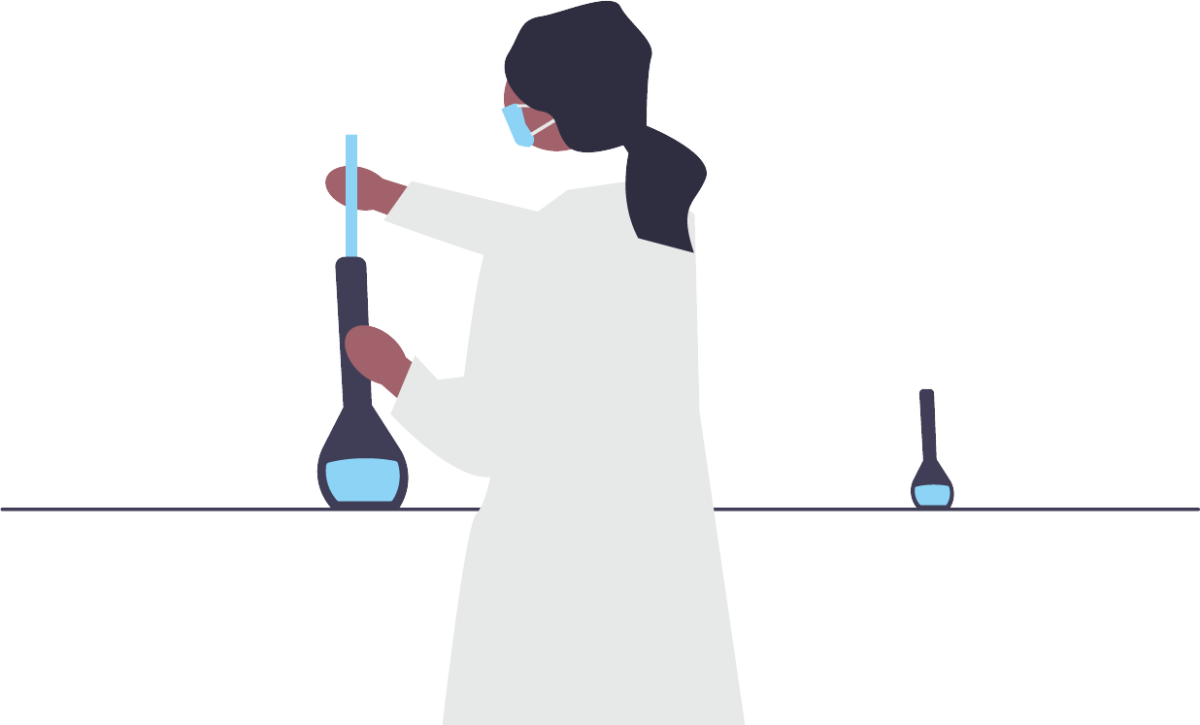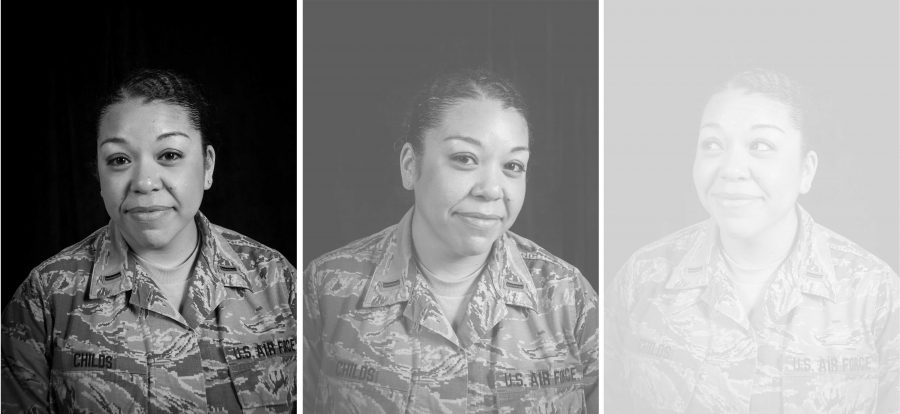In Jan. 2017, the United States Army lifted a ban on dreadlocks and twists for female soldiers. For many women currently serving in the army or already retired, this symbolized a step towards visibility. More than hairstyles, dreadlocks and braids are essential methods women of color use to protect their hair. Rather than being forced to relax their natural texture in order to comply with the Army’s dated standards of grooming, they are now able to concentrate on serving their country. The fact officials were unaware of the struggle women of color had to endure to adhere to a policy demonstrates how their needs have been overlooked for decades.
The notion of black women’s hair texture as “unkempt” is not limited to the military. Braids, dreadlocks and afros have historically been regarded as unprofessional in many workplaces. This has forced women to rely on relaxers that produce slick, straight hair that must be periodically maintained. Relaxed hair can be accomplished with the help of harsh chemicals or a hot comb or iron. Relaxers wreak havoc on the scalp of most women of color, to the point they can suffer from painful blisters and hair loss. A more moderate option could be wigs — which do not provide comfort or practicality for members of the armed forces. These forced grooming standards only add further stress to the lives of these serving women.
The invisibility of black women in the armed forces goes beyond hairstyles. Once veterans, they struggle to receive welfare or disability assistance — even if they are injured during service. Despite the fact that these are obstacles most veterans face once they return to U.S. soil, these government programs have a more hurtful connotation for black women. There is a stereotype that black women are free-riders who seek to make a living off of taxpayer money. Black female veterans who apply for government assistance are assumed to be lying about the gravity of their injuries and the difficulties they face in re-entering into civilian life. This discrimination contributes to one shocking statistic: female veterans are three to four times more susceptible to homelessness than their civilian counterparts.
Unfortunately, this discrimination is not limited to veterans. While in service, black women received harsher punishment than their white male counterparts. Although the military is predominantly male and white, black soldiers are almost twice more likely to face martial court. Perhaps this is due to the prevalent white and male leadership within the military.
Racial stereotypes continue to influence the perception of people when it comes to morality. While it may not be intentional, and those in charge might not be even aware of it, it has proven to be harder for black men and women to receive the benefit of the doubt many of their colleagues receive.
There are longer lasting effects of the mistreatment of black women in the military. One in three black women who have served or are currently serving has been a victim of sexual assault and harassment. So it appears as if the issues plaguing black women do not change once they are abroad protecting the country. The racial stereotype of black women as hyper-sexual has also seeped into the armed forces. The history of male entitlement to black women’s sexuality has been thoroughly documented in western countries. This is not something that can be easily erased, especially in an environment where hyper-masculinity and physical strength thrive. However, black women do not feel safe to report this behavior to their superiors because they fear being dismissed and to become a target for retaliation. In addition, accusations against fellow soldiers can hinder their chances to be promoted to a higher rank in the future.
Despite the United States priding themselves on their top-notch military, the government does not allocate enough resources to take care of their veterans and to ensure a safe environment for those currently serving. Mental health is not regarded as a priority and neither is the importance of providing enough tools for veterans transitioning to civilian life. In addition, the racial and gender dynamics embedded in the military tends to neglect black women. The rights and well-being of this demographic have been invisible throughout history, even through the several waves of the feminist movement. Nevertheless, brave black women continue to enlist in the armed forces to protect the country they love regardless of the discrimination and the abuses they will eventually go through. It is time to hold the U.S. government accountable to protect those currently serving and those who have served.




















Derek Hight • Nov 10, 2018 at 12:41 am
This article is extremely desperate and poorly researched. Opinion pieces like these are why divides exist. Do your research on article 15 demographics and correlating offenses, then ACTUALLY research COURT(S)-MARTIAL with the same statistical criteria.
I’m eager to post this article in a few veteran forums; every warfighter will tear it apart — regardless of race.